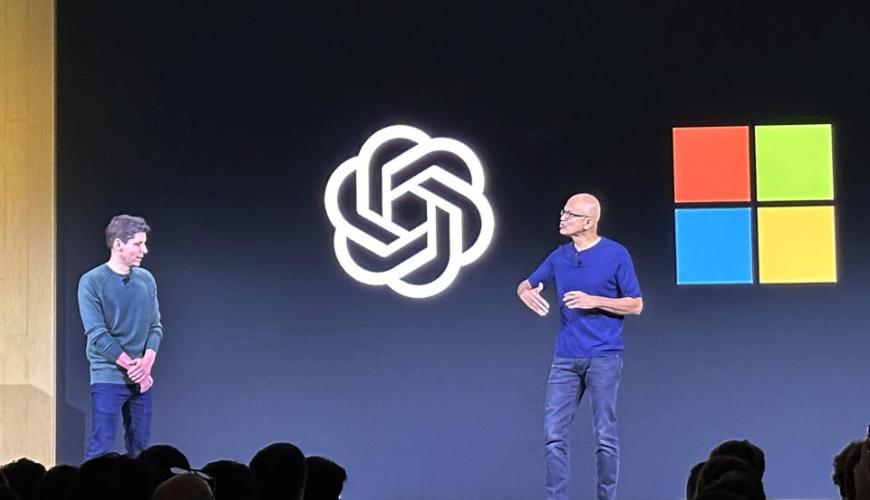AI will change work, for better and worse
- 11 April 2024 1:00 AM
- https://finance.yahoo.com/news/ai-will-change-work-for-better-and-worse-185704515.html

It’s been both fascinating and alarming to watch the generative AI explosion unfold. A new, interesting technology has captured the public’s imagination thanks to its ability to generate everything from text to video. But there are fears those same capabilities make it a potential threat to a host of jobs ranging from programmers and artists to human resources workers and financial professionals.
There’s little doubt generative AI will impact some jobs. According to Intel, we could eventually see the rise of AI technologies so powerful they’ll replace entire corporate departments. But the generative AI job-pocalypse won’t destroy every job it touches. As with all things, it’s a bit more complicated than that. And the truth is, there’s still a lot we don’t know.
“It is going to be a major disruption that unfolds over many years, at least 10 years,” Columbia Business School professor Daniel Keum told Yahoo Finance. “And it'll create losers and winners. But what that exactly looks like, we don't know.”
According to experts, generative AI will make some jobs easier, while creating others. The thinking is similar to how the internet and e-commerce displaced some positions while helping to bring about entirely new categories of jobs.
“It might be an existential threat to a very narrow set of jobs just like any technology,” explained professor Sonny Tambe, co-director of The Wharton School’s AI at Wharton program. And we’ve seen these kinds of changes before.
“Even something much more general purpose like, say, a tractor, has a large impact on a narrow set of jobs,” Tambe said. “For most of us, I think it is actually a really useful tool, but not an existential threat, necessarily.”
